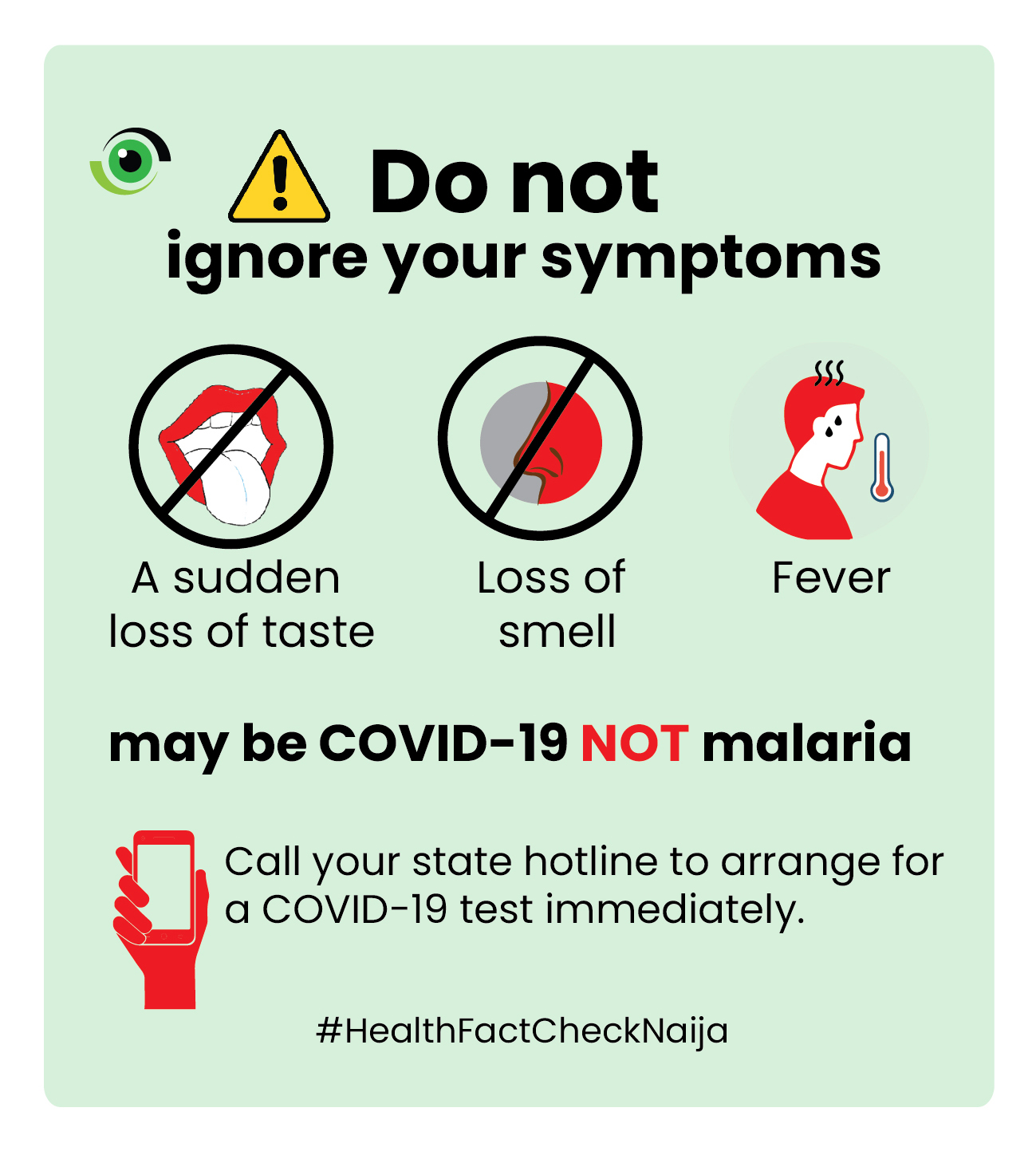Nigeria Health Watch, an organisation that uses informed advocacy and communication to influence health policy has expressed renewed commitment in countering misinformation that may cause more harm to people as the world battles with adverse effects of the pandemic.
Since the first confirmed case of COVID-19 in Nigeria, there has been an overwhelming amount of information on social media, websites and mainstream media about the virus. The increased access to information has led to a proliferation in sources of information, with the consequence that it has enabled the spread of misinformation and fake news.
Through a project supported by Meedan and launched in June 2020, Nigeria Health Watch has continued to counter misinformation and fake news about COVID-19 in Nigeria. Nigeria Health Watch leverages on Meedan’s team of public health experts who fact-check health rumours, responding and debunking them. The evolving nature of information about the virus has created a vacuum that is being filled with many unknowns, as a result leaving people vulnerable to misinformation and disinformation.

According to Vivianne Ihekweazu, Managing Director at Nigeria Health Watch.
“Through Meedan’s public health experts, Nigeria Health Watch is filling the misinformation gap in Nigeria by debunking COVID-19 rumours in a timely manner. For Nigerians to stay safe and protect themselves from COVID-19, they need to be accurately informed,”
“Nigeria Health Watch uses social and traditional media to disseminate the debunked misinformation in an engaging and informative approach. This is done by producing multimedia messages to reach
different target audiences and especially communities at the grassroots. The platform that Nigeria
“Health Watch provides is important because it provides feedback for the rumours that are circulating around COVID-19. Meedan’s experts have debunked several common rumours, and pieces of misinformation on COVID-19. This includes the myth that malaria and COVID-19 are the same.
This is particularly important as malaria cases peak at this period in Nigeria and both diseases have similar symptoms but have different modes of transmission and a misdiagnosis could have serious repercussions, harming people’s lives.
Other rumours that have been debunked include the potential for COVID-19 reinfection, drinking of alcohol to prevent COVID-19 and wearing of gloves to protect against COVID-19.
